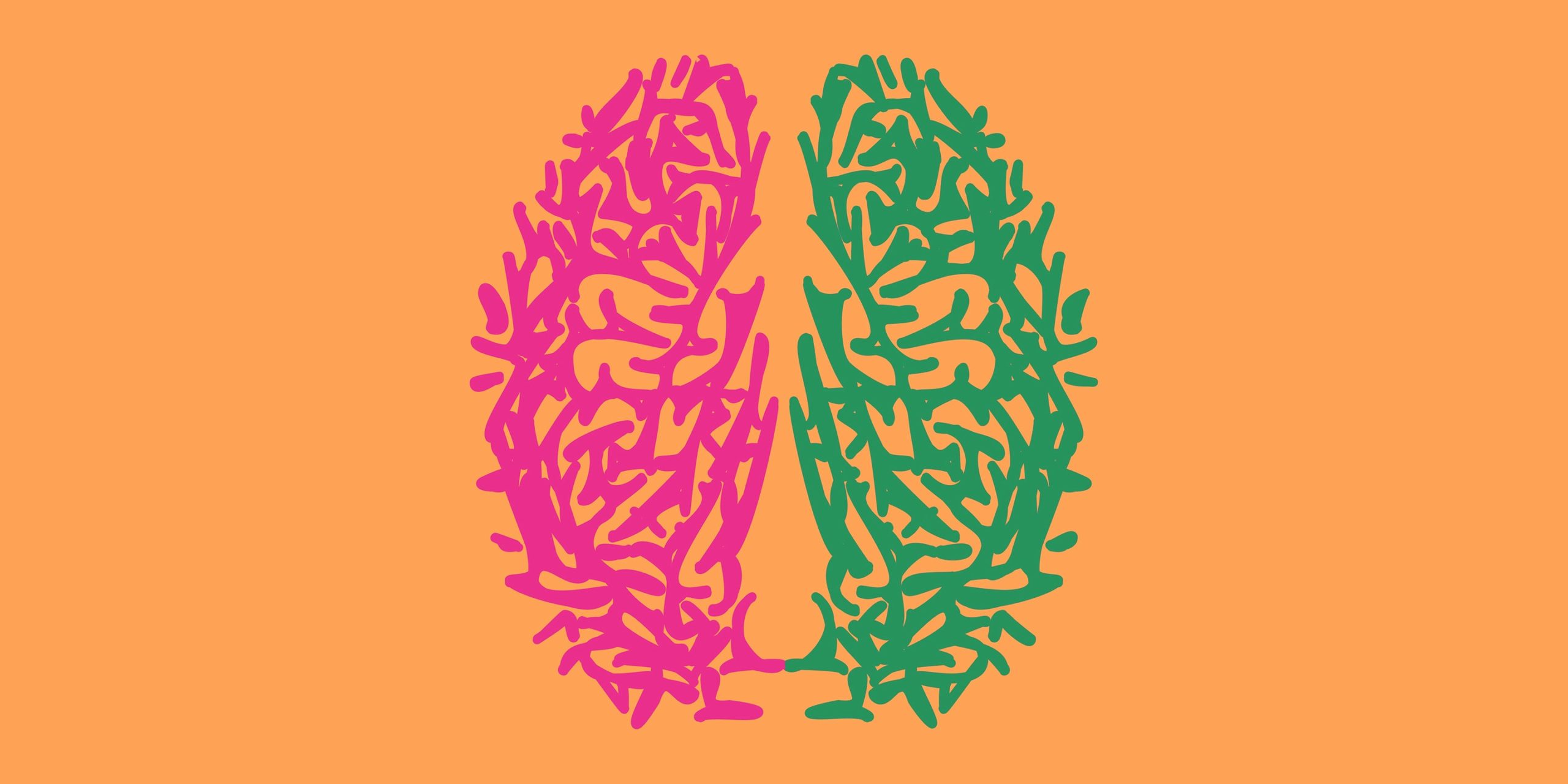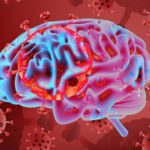A new paper set to be reviewed for publication in the journal Brain Structure & Function details how bilingualism affects the structure of the brain in adults.
In their findings, a group of researchers at the University of Reading (UoR) and Georgetown University highlight their examinations of a large sample of bilingual and monolingual participants, between 3-21 years of age.
During their examination of more than 41 cortical and subcortical brain structures, the research group measured grey matter thickness, volume, and surface area. They also used fractional anisotropy and mean diffusivity to measure the sample of white matter.
Generalized additive modeling was utilized to determine any differing developmental trajectories in the sample of bilinguals and monolinguals.
As the results revealed, bilinguals demonstrate a reduction of cortical gray matter loss, specifically in frontal and parietal regions of the brain. Researchers also observed greater white matter integrity in striatal-inferior frontal fibers.
“Bilingual and monolingual participants manifested distinct developmental trajectories in both gray and white matter structures,” according to the report.
“As compared to monolinguals, bilinguals showed: a) more gray matter (less developmental loss) starting during late childhood and adolescence, mainly in frontal and parietal regions (particularly in inferior frontal gyrus pars opercularis, superior frontal cortex, inferior and superior parietal cortex, and the precuneus); and b) higher white matter integrity (greater developmental increase) starting during mid-late adolescence, specifically in striatal-inferior frontal fibers.”
“The data suggest that there may be a developmental basis to the well-documented structural differences in the brain between bilingual and monolingual adults,” the research group concluded.
In recent years, other studies have probed the potential for bilingualism to hypothetically result in neuroprotection against aging, among other cognitive benefits.
In future research, the UoR research group of the new paper hopes to explore the long-term effects of bilingualism in the aging brain, according to Christos Pliatsikas, the study’s lead author.


